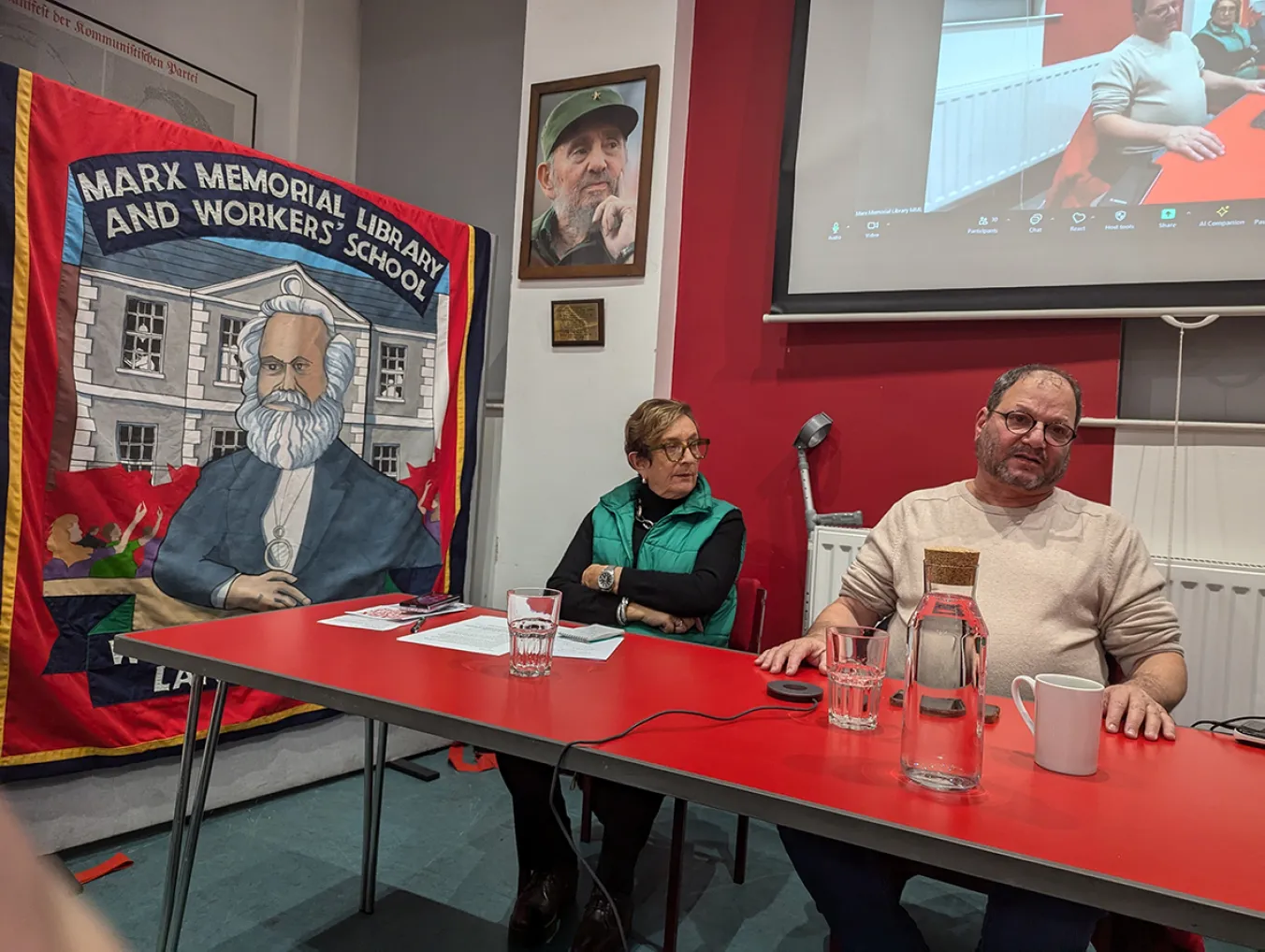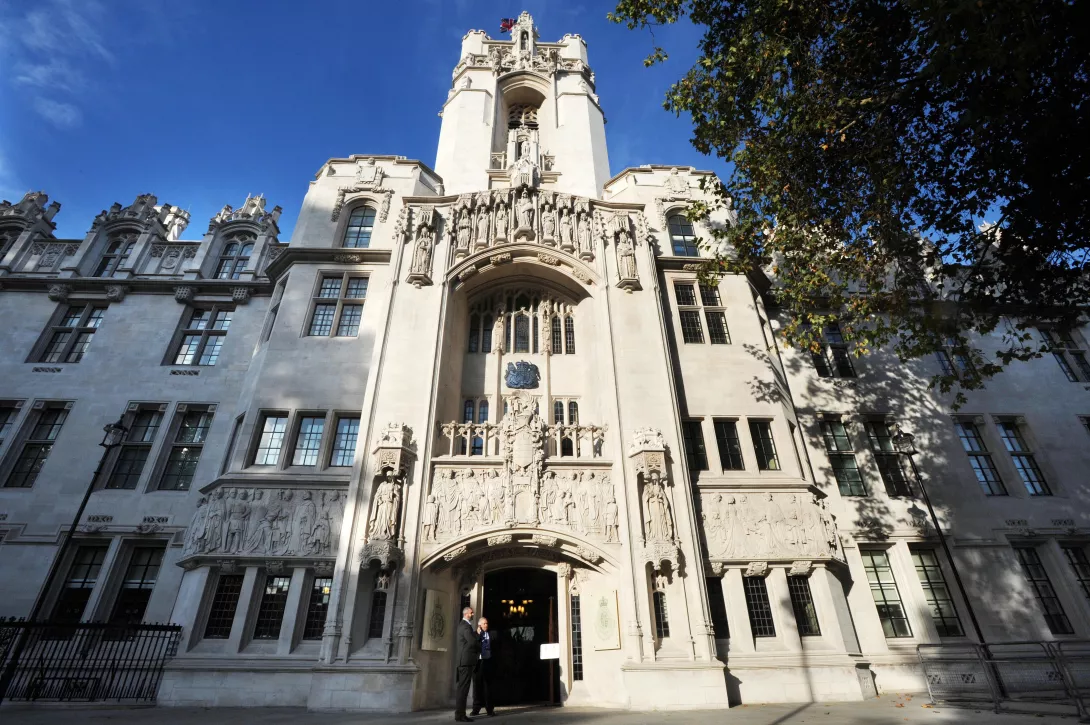HELEN MERCER’S review of our book Coast of Teeth seriously — and strangely — misrepresents our work and unjustly accuses us of “sneering” at seaside towns and avoiding the “root causes” of their social, economic and political predicaments.
One particularly sloppy mistake is the claim that we focus on “towns from Cornwall to Blackpool.” We did not visit Cornwall and so it does not appear anywhere in the book. Moreover, Cornwall isn’t a town.
A similarly selective reading of other parts of Coast of Teeth presumably led Mercer to dismiss as a “very weak explanation” our statement that “underfunding, underskilling, unemployment and flaws in the benefit system” have contributed to the decline of the English seaside.
The problem is, Mercer takes this quote from the introduction to the book and pretends that this is our final word on the matter. In fact, later on in the narrative we explain in great detail how poverty and alienation in coastal towns has been caused by longer-term underinvestment and privatisation, and a version of deindustrialisation that meant closure of local tourism amenities.
Elsewhere Mercer argues that “the problems of seaside towns, as of England’s mining villages, and former steel and mill towns predate Brexit,” suggesting that we don’t share this assessment. However, the above phenomena, as well as the expansion of cheap air travel which we mention, all happened way before Brexit, of course.
We also make myriad references to the general neoliberal decline of Britain since the 1970s and its impacts on long-term health outcomes, crime levels, wastage of public money, the privatisation of common land and other phemomena. The chapters on the Southsea/Gosport area couldn’t be more explicit about the damaging continuities between the colonial past (which includes a skewering of Churchill’s genocide in Bengal and a critique of problematic place and street names) — obviously also long before Brexit — and Britain’s current global role as a neo-imperial force and centre of the international arms trade (see, for example, references to BAE Systems’ HQ in Portsmouth).
In what is presumably her haste to imply that our analysis is somehow not “socialist” or “materialist” enough, Mercer overlooks all of these dimensions of our socialist and materialist critique too.
Indeed, we challenge Mercer to find such radical perspectives in the Broken Britain discourse they allege the book belongs to. There’s also a degree of hypocrisy about MS publishing this highly critical review… after having, in 2021, published (and profited from) an article by us that would become a chapter in the same book.
“The constant refrain,” Mercer goes on to write, “in the commentary is that the people they encounter are bigoted, racist and nostalgic for a lost world and empire.” No such refrain appears anywhere in the book.
A variety of people are depicted in Coast of Teeth, dozens of whom are anything but bigoted, racist and/or nostalgic, from a drag queen in Blackpool to a young man who has been forced to leave his home in the south-west due to an international conference being held nearby (which he opposes), to protesters and mutineers in the “history-from-below” we present of Portsmouth, to friendly people of all ages and backgrounds at bus stops and train stations who give us directions and recommend where to go. Our lengthy celebrations of Southsea’s Jewish, Polish and Bangladeshi communities would contradict the reviewer’s generalisation too.
Mercer also claims that “The authors are convinced of their objectivity, their lack of prejudice…” Those who bother to read the book attentively will realise that at no point do we claim or even imply this anywhere in the book. On the contrary, we are, time and again, self-reflexive and self-deprecating about our relatively privileged positionality as outsiders reporting on these places and spaces. Here is one of many examples: “I am … told … if I were to go into a pub in Goole and announce, ‘I’m Tommy Sykes’s boy’, I’d get pints of bitter bought for me all night. I suspect I’ve been mis-told, though. There’s a higher probability that some southern ponce spouting off about his authentic local ties would earn himself a well-deserved punch on the nose.”
In Coast of Teeth “there is no vision,” Mercer writes, “for making the seaside, once so woven into the fabric of English working-class life, vibrant again.”
Again, this omits numerous points made in the book. We discuss Blackpool’s success in preserving and updating its classic seaside town architecture and culture, and celebrate efforts to create a better coastal environment by ordinary people, from a grassroots theatre that works with refugees and those with addiction problems in Blackpool, to the “happy clubs” of Jaywick and St Osyth where lonely older people can commune with one another and a barter system allows people access to toys and other items, to small clubs in Scarborough giving entertainment and support to people with disabilities. We are emphatic about how these activities are mitigating the neoliberal retreat of the state from providing basic public services.
Finally, Mercer claims that “there is little sense” of the seaside’s “careless enjoyment” and “sense of freedom.” They must have missed numerous incidents of fun and enjoyment including the Wurlitzer organ dance, the game of crazy golf, the winning of fluffy toys in arcades, the forays into the transnational and multiethnic history of seaside foodstuffs, the (admittedly eccentric) brief chapter on rock candy and quite a lot else besides.
Tom Sykes and Louis Netter














